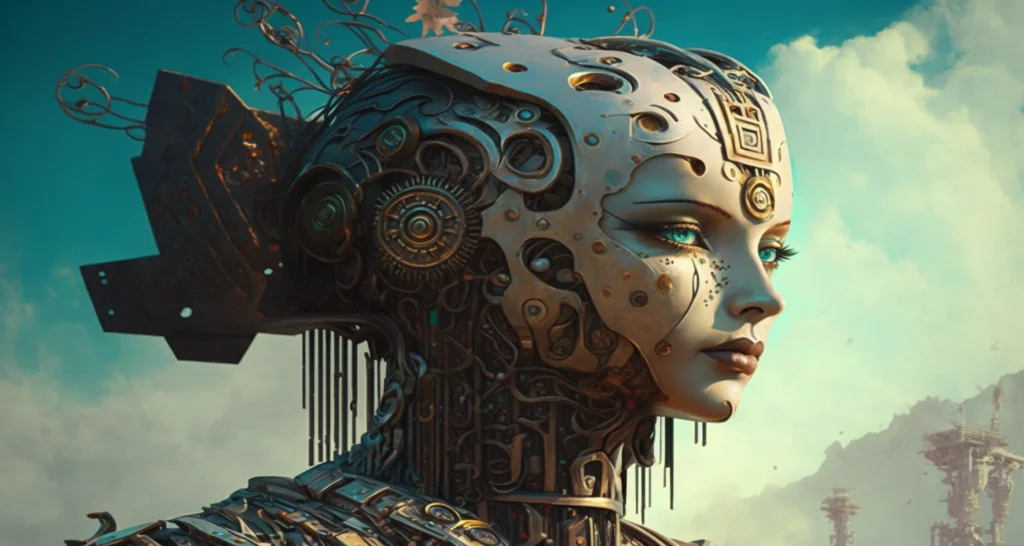Artificial Intelligence (AI)
is a hypothetical AI that will not only be able to reproduce the maximum abilities of humans but even surpass them. Those who believe in ASI believe that it will acquire the power to penetrate human thoughts and feelings to subjugate them to its will. See Supermind: Futurologists’ scare stories or the real future of artificial intelligence?
Strong or general AI (Artificial General Intelligence, AGI), which also remains hypothetical, is one step below ASI in terms of intelligence; adherents of this AI type are limited in their beliefs by the possibility of creating machines capable of performing at least the same actions as humans.
Weak, or narrow AI (Artificial Narrow Intelligence, ANI) allows seeing faint hints of intelligence in machines’ behavior (that is why it is called weak). It is designed to perform only a strictly defined narrow range of applications (that is why it is called narrow). In the case of ANI, no autonomous behavior or independent development beyond human control is possible. ANI-enabled systems can only exist in the form in which they were created by humans and cannot even theoretically escape their control.
Obsolete General Definitions of Artificial Intelligence:
(J. McCarthy) AI develops inherently intelligent machines
(Britannica) AI is the ability of digital computers to solve problems that are usually associated with highly intelligent human capabilities
(Feigenbaum) AI – develops intelligent computer systems with capabilities that we traditionally associate with the human mind: language comprehension, learning, reasoning ability, problem problem-solving line Rich) AI is the science of how to teach computers to do something in which humans are currently more successful
Intellect (from Latin intellectual – sense, perception, reasoning, understanding, concept, reasoning), or intelligence – a mental quality consisting of the ability to adapt to new situations, the ability to learn and remember based on experience, understand and apply abstract concepts, and use one’s knowledge to manage one’s environment. Intelligence is a general cognitive and problem-solving ability that combines all human cognitive abilities: sensation, perception, memory, representation, thinking, and imagination.
In the early 1980s, computational theory scientists Barr and Feigenbaum proposed the following definition of artificial intelligence (AI):
”
Artificial intelligence is the field of computer science that deals with the development of intelligent computer systems, that is, systems with capabilities that we traditionally associate with the human mind – language comprehension, learning, reasoning ability, problem-solving, etc.
”
Later, AI began to include several algorithms and software systems whose distinctive feature is that they can solve certain problems in the same way as humans thinking about their solution would do.
The main properties of AI are language comprehension, learning, and the ability to think and, importantly, act.
AI is a set of related technologies and processes that are evolving qualitatively and rapidly, e.g:
natural language text processing
machine learning
expert systems
virtual agents (chatbots and virtual assistants)
recommendation systems.













